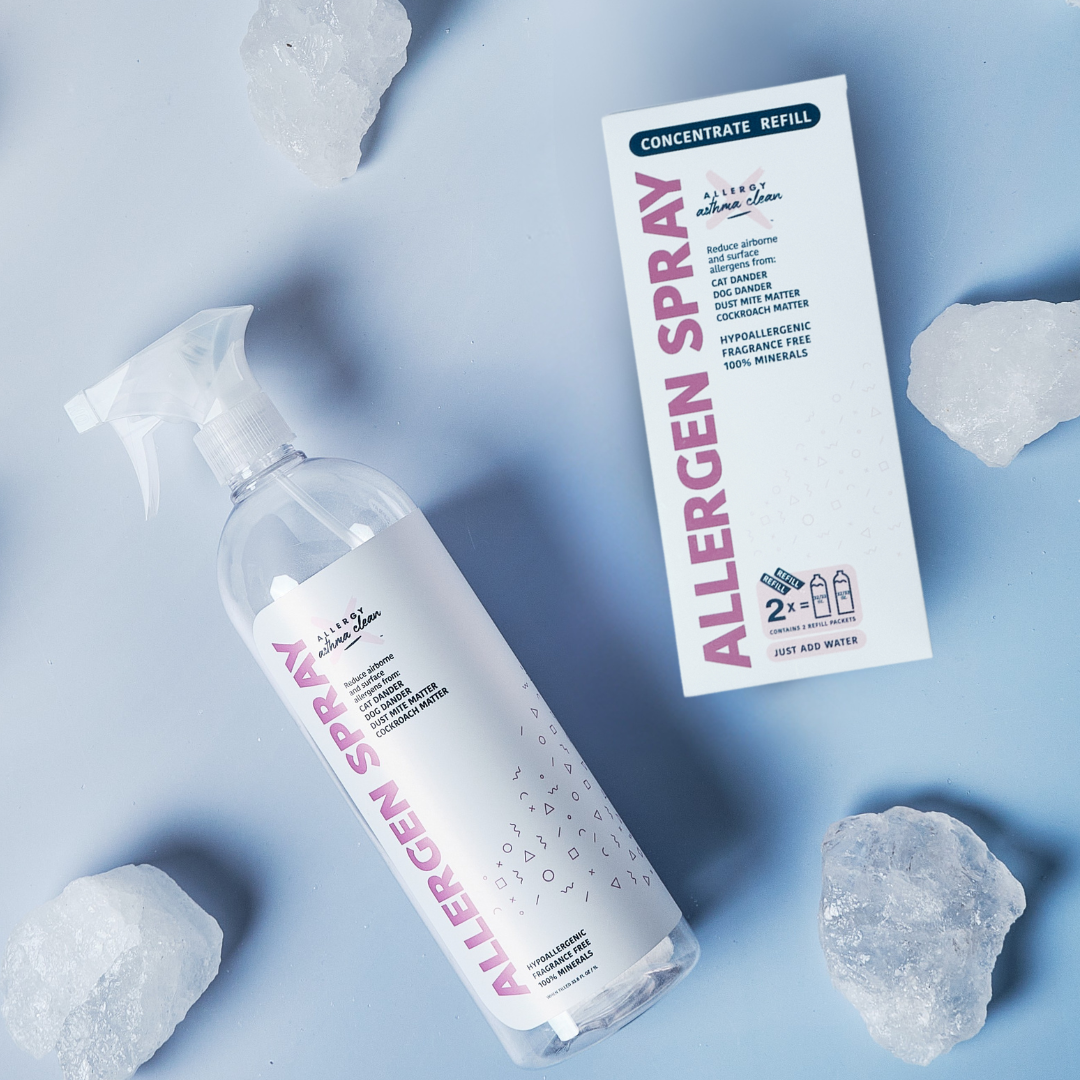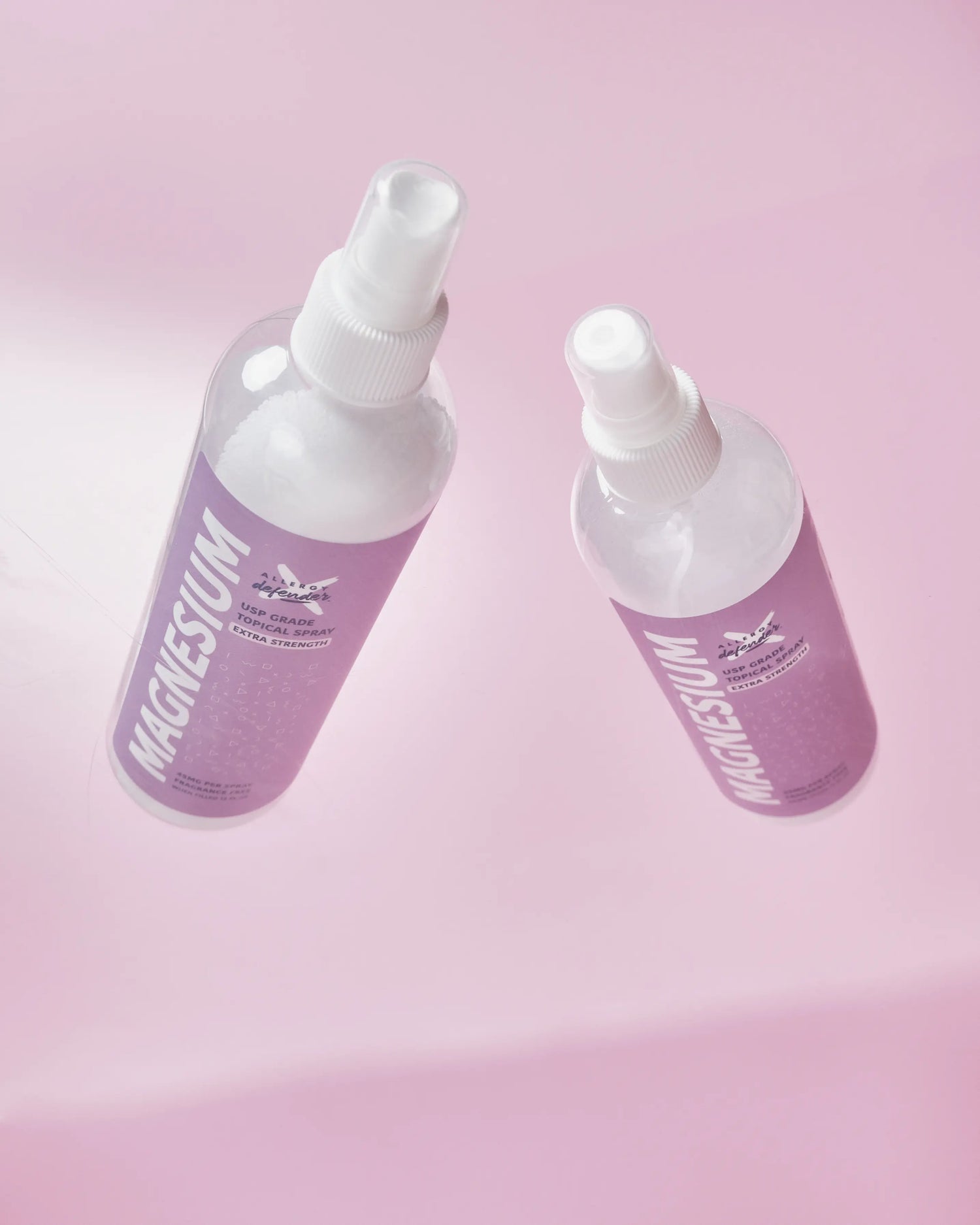How to Properly Use Nasal Sprays
Most people use nasal sprays incorrectly, reducing effectiveness. Proper technique: blow nose first, shake and prime bottle, position tip toward outer nostril wall (not center), spray while gently inhaling, keep mouth closed. Four main types include decongestant (quick congestion relief, max 3 days), steroid (reduces inflammation for allergies), saline (moisturizes/clears mucus), and antihistamine (blocks histamine). Clean nozzle after each use and follow prescribed dosage to avoid side effects like rebound congestion or nosebleeds.
Key Takeaways:
- Correct positioning is critical – aim spray toward outer nostril wall (away from center/septum) to prevent irritation and maximize effectiveness
- Four nasal spray types – decongestant (shrinks tissues), steroid (reduces inflammation), saline (moisturizes/clears), antihistamine (blocks histamines)
- Step-by-step proper use – blow nose, shake bottle, prime if first use, position correctly, spray while gently inhaling with mouth closed
- Avoid overuse – decongestants like Afrin should not exceed 3 days to prevent rebound congestion; steroids require consistent daily use
- Popular options by type – Flonase/Nasonex (steroid for allergies), Afrin (decongestant, short-term only), Simply Saline (drug-free moisturizer), Astelin (antihistamine)
- Common side effects include nasal irritation, sneezing, headaches; serious effects include nosebleeds and rarely increased heart rate/blood pressure
Learn how to properly use nasal sprays. Nasal sprays can be helpful, but most of us use them incorrectly.
Understanding Nasal Sprays
Nasal sprays are a type of medication delivered directly into the nose. They can help alleviate symptoms of allergies by reducing inflammation, opening airways, and clearing nasal passages.
Types of Nasal Sprays
There are various types of nasal sprays, each designed to target specific issues:
- Decongestant Nasal Sprays: Help shrink swollen nasal tissues and reduce congestion.
- Steroid Nasal Sprays: Reduce inflammation in the nasal passages, effective for allergies.
- Saline Nasal Sprays: Moisturize the nasal passages and help clear out mucus and allergens.
- Antihistamine Nasal Sprays: Block histamines that cause allergy symptoms.
Why Proper Usage Matters
Using nasal sprays incorrectly can lead to several issues, including reduced effectiveness, nasal irritation, and potential side effects. Correct usage ensures that you get the maximum benefit from the medication with minimal risk.
How to Use Nasal Sprays Properly
Step-by-Step Guide
- Blow Your Nose: Clear your nasal passages by gently blowing your nose.
- Shake the Bottle: If required, shake the nasal spray bottle to mix the medication.
- Prime the Bottle: If it's your first time using the spray or if you haven't used it for a while, prime it by spraying it in the air or tip it sideways until a few drops comes out.
- Position the Bottle: Place the tip of the spray in your nostril and point it toward the outer wall of your nostril, slightly away from the center.
- Spray and Breathe: Squeeze the bottle while gently breathing in through your nose. Keep your mouth closed.
- Repeat: If instructed, repeat the process in the other nostril.
Tips for Effective Usage
- Don't Overuse: Follow the prescribed dosage. Overusing nasal sprays, especially decongestants, can lead to rebound congestion.
- Clean the Nozzle: After each use, wipe the nozzle with a clean tissue to prevent contamination.
- Use Consistently: For sprays like steroids, consistent use is key to effectiveness.
Potential Side Effects
While nasal sprays are generally safe when used correctly, they can cause side effects in some people (It's a drug and drugs can cause side effects).
Common Side Effects
- Nasal Irritation: Burning, stinging, or dryness in the nose.
- Sneezing: Some people may experience sneezing right after using the spray.
- Headache: Occasionally, nasal sprays can cause headaches.
Serious Side Effects
- Nosebleeds: Frequent or severe nosebleeds can occur, especially with steroid sprays.
- Systemic Effects: Rarely, nasal sprays can affect other parts of the body, leading to increased heart rate or blood pressure.
If you experience any severe side effects, discontinue use and consult your healthcare provider immediately.
Choosing the Best Nasal Spray for You
With so many options available, selecting the right nasal spray can be overwhelming. Here are some of the best nasal sprays for different needs:
Best Nasal Sprays for Allergies
- Flonase (Fluticasone): A popular steroid nasal spray that effectively reduces inflammation and allergy symptoms.
- Nasonex (Mometasone): Another steroid spray known for its potent anti-inflammatory properties.
Best Decongestant Nasal Sprays
- Afrin (Oxymetazoline): Offers quick relief from nasal congestion but should not be used for more than three days to avoid rebound congestion.
Best Saline Nasal Sprays
- Simply Saline: A gentle, drug-free option to moisturize and clear nasal passages.
Best Antihistamine Nasal Sprays
- Astelin (Azelastine): Provides relief from nasal allergy symptoms by blocking histamines.
Remember, everyone's body reacts differently, so it may take some time to find the perfect combination for you.
Nasal sprays can be effective for managing allergies and asthma, but proper usage is crucial. If you have questions, consult with your healthcare provider or even a pharmacist.
Your well-being is important, and finding the right treatment can make all the difference.



